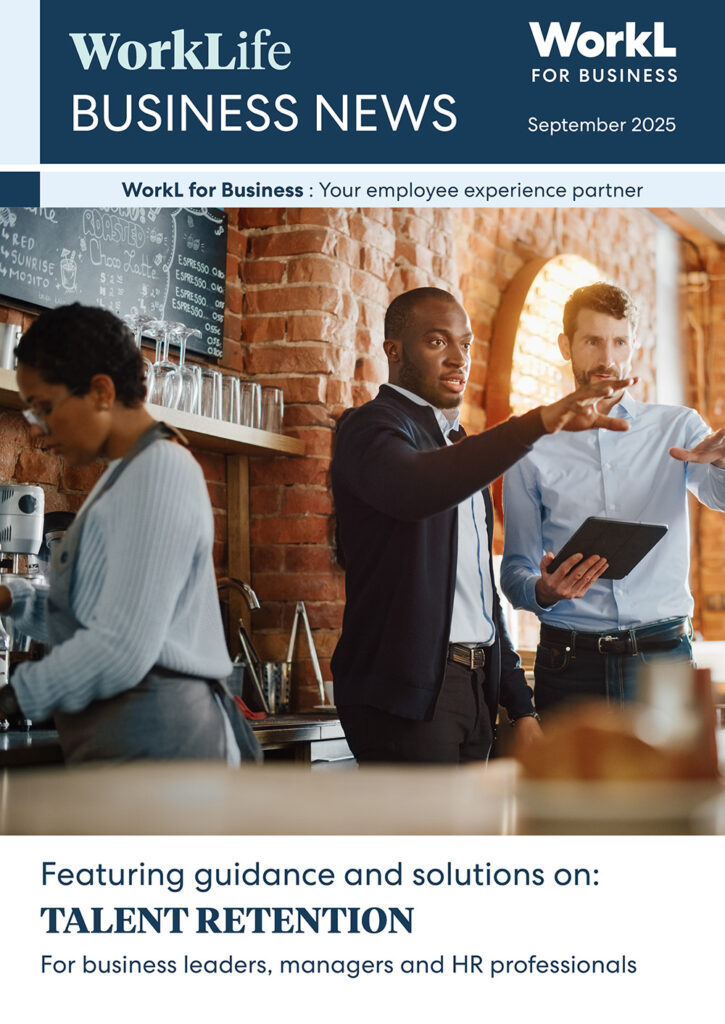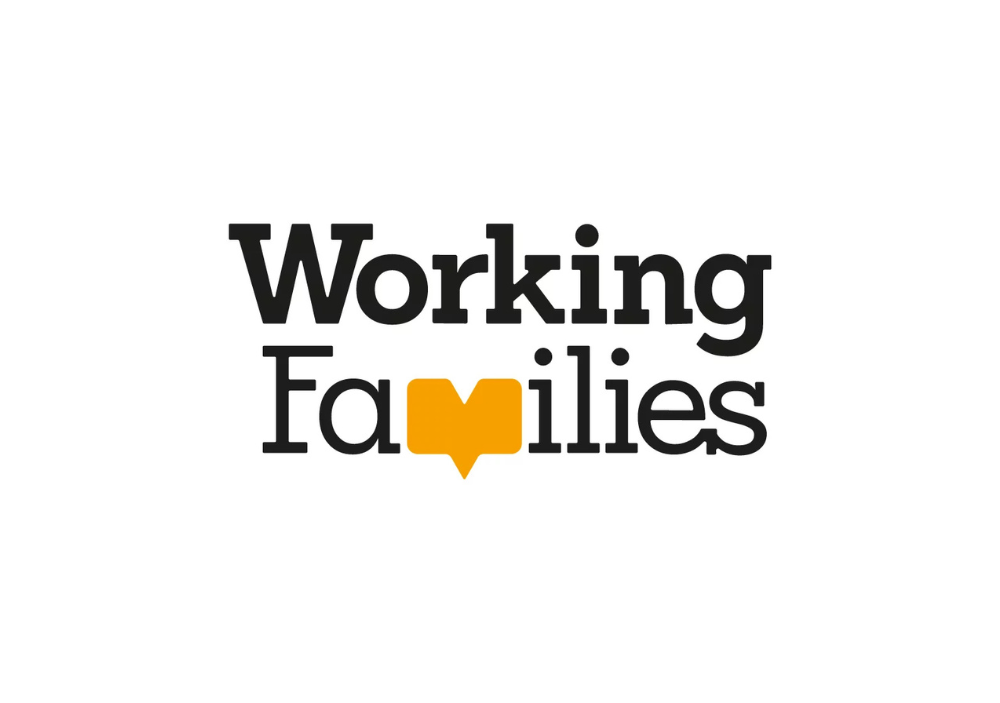Explore the latest edition of WorkLife Business News, focusing on the heart of DEI: How organisations can create a sense of belonging.
View Edition.
Written by Working Families.
As any senior leader knows, behind every successful business is a strong, committed workforce. Investing in staff is essential not only for building the strong foundations needed for growth, but also to avoid the costly consequences of high turnover, including recruitment, lost productivity, and weakened client relationships, not to mention the knock-on effects on team morale.
As a charity with over 30 years’ experience of working with employers, we know that family-friendly workplaces help to create a happy, committed workforce. And research reflects this. Our recent Working Families Index found that working flexibly had increased loyalty toward current employers for nearly three quarters (73%) of parents. This is unsurprising as it also revealed that a culture that balances work and caring responsibilities was a higher priority for working parents than pay. Across all sectors, parents and carers are crying out for more family-friendly way of working. They want employers that empower them to manage their caring responsibilities and support wellbeing, especially as exorbitant childcare costs or burnout forces many, particularly women, out of the labour market.
And it’s not just the parents and carers of today that care about family-friendly working. With 9 in 10 young people wanting to work flexibly and the number of sandwich carers set to rise, the next generation are going to prize family-friendly working just as much, if not more. Any business who wants to future-proof their talent retention strategy should be treating family-friendly working as a basic right, not a perk.
Employers who recognise the need to treat employees as their greatest asset often approach us for tools and guidance to make family-friendly working an integral part of their proposition, rather than simply an add-on. As well as offering our own expertise, we love to share the stories of progressive employers who are pioneering new ways of working. Employers like Deloitte, who are a founding partner of the Family Friendly Workplaces certification, which encourages the adoption of family-inclusive policies in order to drive up standards of family-friendly working. Having listened to what was important to their staff, Deloitte implemented an equalised parental leave policy in recognition that family leave is a top priority when choosing a new employer and sticking with them.
Our experience tells us that family-friendly policies in themselves aren’t enough. They have to be accompanied by meaningful cultural changes. The finalists and winners of our Best Practice Awards are consistently the organisations where leaders are proud to say they work flexibly, and the ability to work in a pattern that suits both the individual and the business is embraced from the point of recruitment. As Independent Living Fund Scotland will tell you, flexible working models that are rooted in trust and a culture that puts people first will reap the benefits of a 2% staff turnover.
And it’s not just flexibility that matters. Trailblazing organisations of all sizes and sectors are finding innovative ways to support parents and carers, including coaching and mandatory management training that has seen Pan Macmillan yield a 100% retention rate for mothers, to Hill Dickinson’s returners scheme that facilitates people returning following a career break.
The businesses who will be the leaders of the future are going to be those who embrace flexibility and family-friendly working. As workers feel seen and valued, they take pride in their contribution to a company. Their hard work is no longer just for a pay check but a personal investment in the organisation’s future, and being recognised as an employer who cares and invests in their people helps stand the business apart.
If you are interested in finding out more about where your organisation standards as a family-friendly employer, you can start by taking the Family Friendly Workplaces self-assessment. This will help you understand if you’re ready to be certified family-friendly employer, or what action you need to take to get there. As well as helping meet sustainability goals, the certification provides a clear road map of how to get the organisation where it wants to go.
If you’d like to find out how your organisation measures up and start your journey to being recognised as a Family-Inclusive Workplace, use the code WORKLFFW to take the self-assessment for free, normally £295.
This article was originally featured in the September 2025 edition of WorkLife Business News which you can view here!
Subscribe to receive future editions of WorkLife Business News here!

